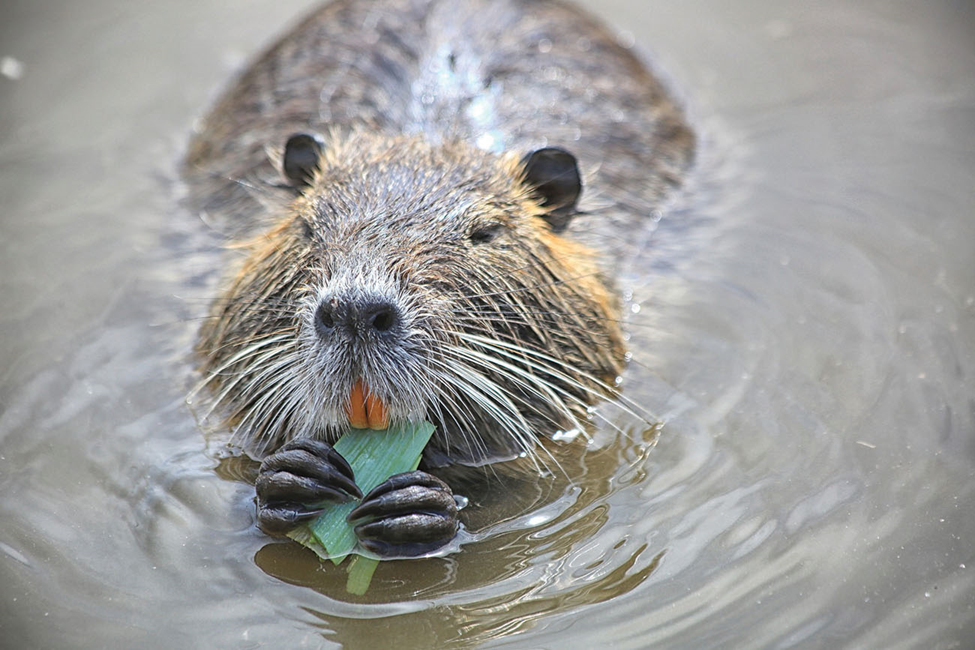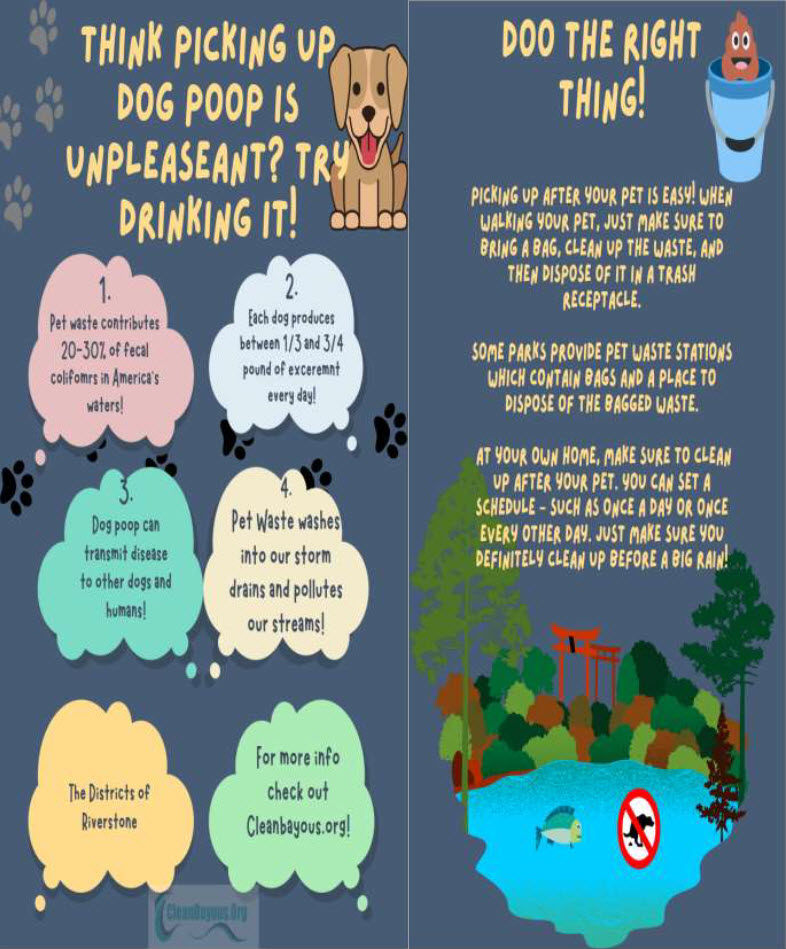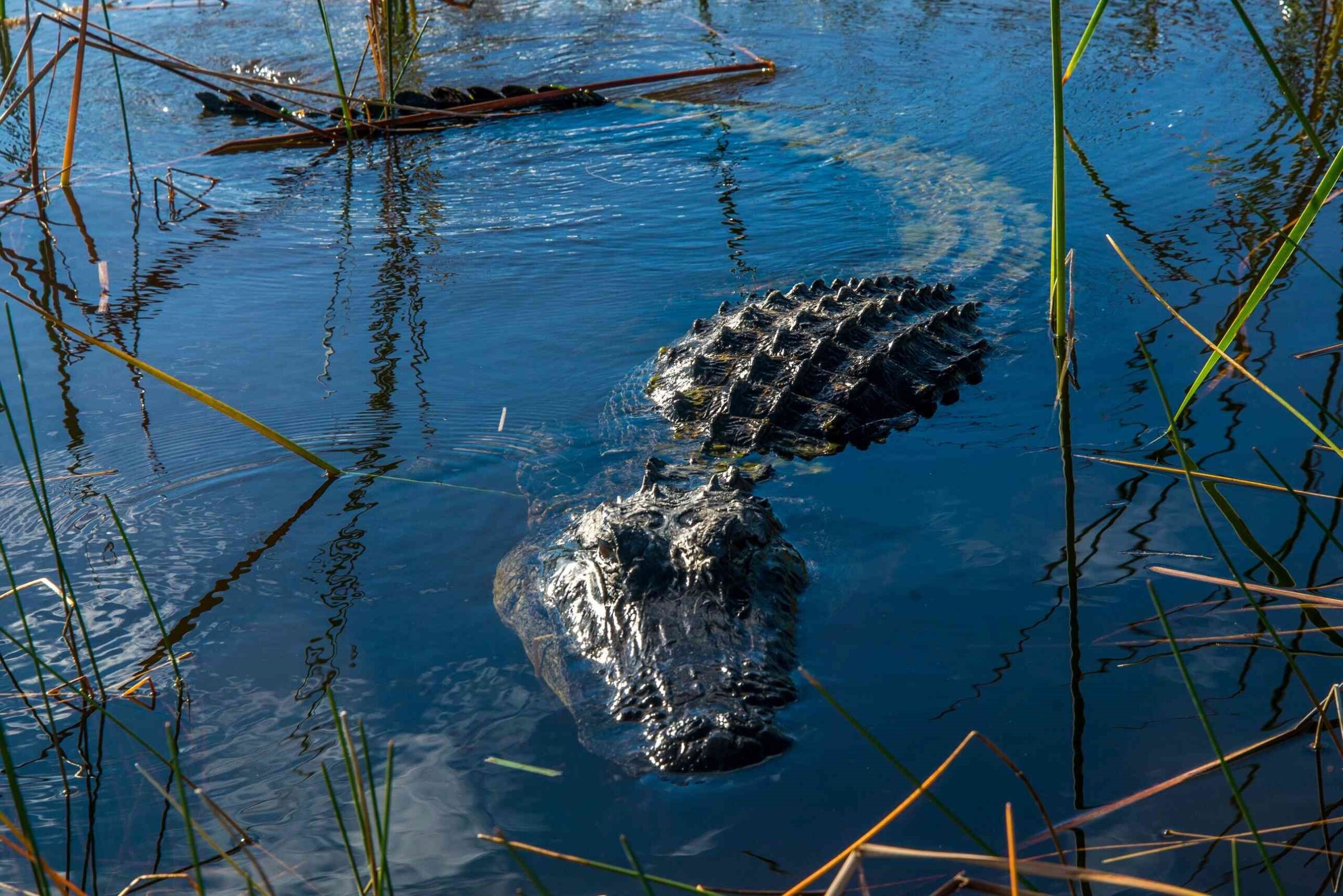Nutria Trapping

Nutria (Myocastor coypus)
LID 15 continues to address maintenance issues in Riverstone lakes and wetlands that are caused by nutria. Nutria are considered an invasive species, and the most effective option to control the population is trapping. The District began a trapping program in 2020, but that effort was suspended during the winter when nutria are typically dormant. However, trapping is scheduled to resume during the first week of March.
Humane traps are used that do not harm the animals. The trapping company will check the cages daily and release the nutria into areas where they cannot damage the levees or preserved wetlands areas within LID 15, or other neighboring communities.
Nutria are more than a nuisance animal, as their burrows can cause stability issues with the levee. They also consume and destroy valuable wetlands vegetation that LID 15 is legally required to maintain under federal law. The District chose to treat the animals humanely, but due to potential risks to the levee, wetlands, and public health and safety, they must be removed from the area.
In the past, nutria traps have been tampered with, stolen, and broken. The cost to replace the traps, as well as the additional labor involved with the extended trapping, results in additional costs to LID 15 taxpayers. The District requests residents help by leaving the traps in place to ensure the integrity of the LID facilities and to minimize the cost to taxpayers. If you see anyone interfering with traps, please feel free to report it on the LID 15 website. Thank you for your understanding and consideration.



